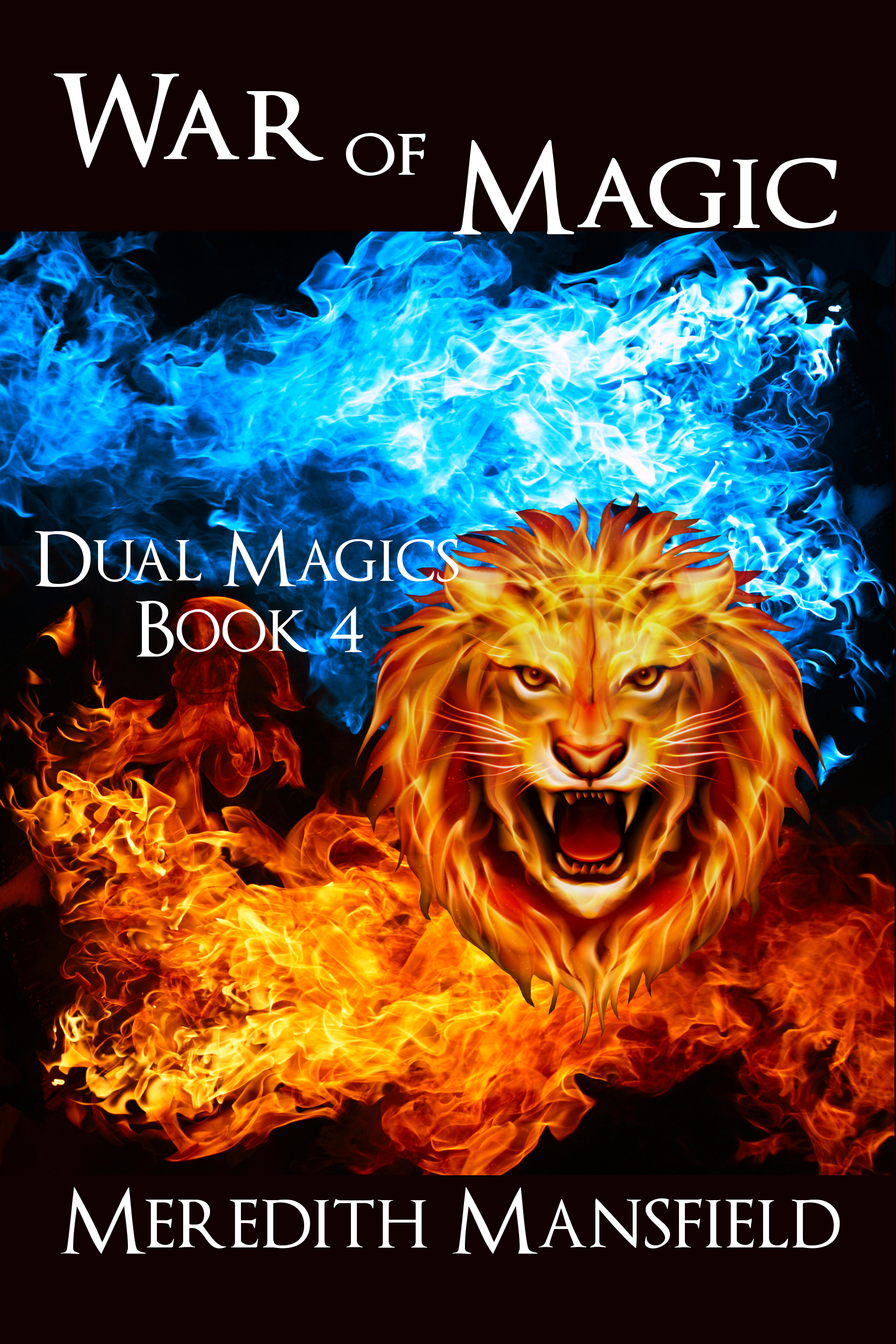Well, while going through all ten of my previously published books during the transition from CreateSpace to KDP Print, I realized something. I’m really, really bad at keywords. I mean, pitiful. Part of the reason for that is that I can’t ever recall searching for fiction with a keyword. Non-fiction, yes. But . . . that’s just not how I find my next read. So I haven’t given it the attention that I possibly should have. That’s something I can–and should–do something about.
I’ve bought one e-book on the subject and started working through it, but I’m not entirely sold on the methodology. The method proposed is cheap–well, unless you count the opportunity cost of the time spent on it, anyway. And it sounds reasonable, but . . . .
The method so far–caveat, I haven’t finished the book yet–consists of making an exhaustive list of possible keywords or phrases and then searching to determine 1) how many other books turn up on that keyword search and 2) what the sales ranking of the top paid book on the list is. The idea being that if there are fewer results, a given book will have less competition and be more likely to place highly–on the first or second page–of that search. And that if the top sales rank is good, that might be a worthwhile thing to do.
I see several problems with this.
- It doesn’t account for the fact that some keywords–though they may be horrible as search terms–are necessary in order to place a book in a certain category. On Amazon, there are some sub-genres that can only be accessed through specific keywords. For example, you can’t choose to put a book in the Sword and Sorcery category directly. It’s necessary to use either “sword”, “sorcery”, “magic”, “dragon” or “quest” as a keyword in order to place a book in that sub-genre. And those keywords should probably be avoided if a book doesn’t belong in that category.
- It takes a heck of a lot of time. Time I could be writing.
- If my list of possible keywords is still awful, will this actually return the best results? Or only the least bad?
- Some keywords are just going to return things that really aren’t direct competition. For example, if I use Hercules as a keyword for BECOME: TO CATCH THE LIGHTNING, which is an epic fantasy inspired by the legend of Hercules but not a retelling,
 I’ll get results from books on mythology, other fantasy stories that are more literal retellings of the legend, and, interestingly, Agatha Christie’s Hercule Poirot mystery series.
I’ll get results from books on mythology, other fantasy stories that are more literal retellings of the legend, and, interestingly, Agatha Christie’s Hercule Poirot mystery series.
- It doesn’t–as far as I’ve gotten, anyway–account for how many people are using that keyword in their search. That top-rated book may be getting found in some other way entirely.
This last makes me think of one of my books, THE BARD’S GIFT (which I usually refer to as TBG).

TBG is deliberately placed in one of those sub genres that has to be accessed by Keywords. In this case, that’s Kindle ebooks–>Teen and Young Adult–>Science Fiction and Fantasy–>Fantasy–>Myths and Legends–>Norse. As of this morning, TBG was ranked 105 on this list.
This category has only 595 entries and the top book in it has a very, very good sales rank. Now, TBG, at 105, is not on the top 100 list. But it is in the top 20 percent. Now, the thing about TBG is that I have sold 251 copies since it was published in 2014. Not exactly my top seller. I haven’t checked it’s exact sales rank, but I think it’s safe to assume it’s not a good number. This suggests to me that an analysis based solely on number of entries and sales rank of the top entry is . . . insufficient.
Nothing to do but keep trying, I guess.
Read Full Post »











